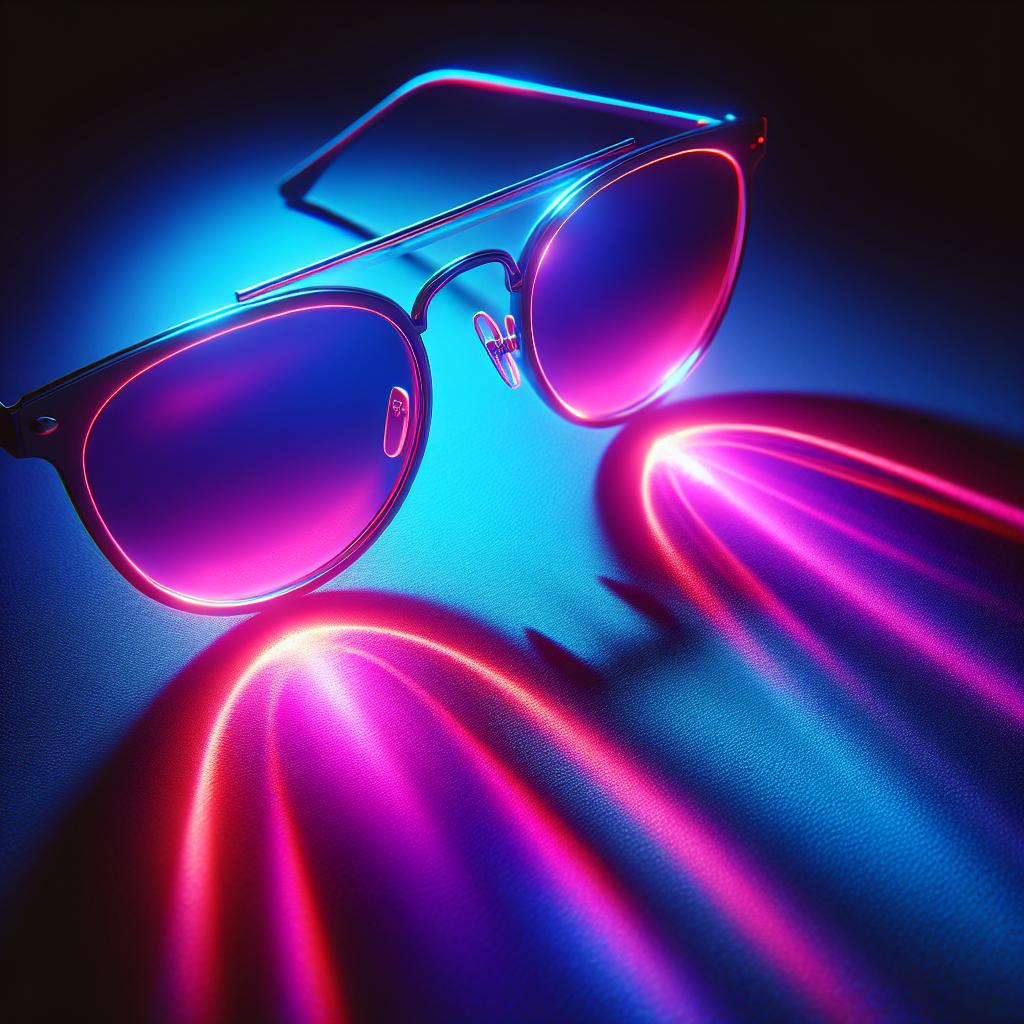Protect Your Eyes this Summer: Expert Advice from UAB
With summertime in full swing, outdoor activities offer much-needed relaxation and entertainment for most people. While safeguarding skin from the harmful effects of sunlight remains a popular precaution, UAB Medicine cautions that your eyes are equally at risk and provides useful tips on protecting them.
Watch Out for the UV Damage
“Ultraviolet light can cause lasting damage to the eyes and eyelids, leading to an increased risk for developing cataracts, macular degeneration, and skin cancer,” warns Dr. Nicholas Onken, an optometrist at UAB Eye Care. To guard against these, he advises wearing sunglasses that block 100% of UV light and wrap around your face to ensure complete coverage. The use of wide-brimmed hats can provide additional protection by further reducing UV exposure.
UV Protection and Contact Lenses
Dr. Katherine Weise, Director of UAB Pediatric Optometry Service, adds the advancement of contact lens technology to the mix. She notes that some new-era contact lenses can block 100% of UV light, proving useful for outdoor athletes who find sunglasses inconvenient.
Safety Measures for Sportspersons and Summer Yardwork
“Ball sports, while excellent for physical health, can be detrimental to the eyes if struck directly”, says Dr. Weise. She recommends ‘rec specs’, essentially sturdy faceguards with shatter-resistant lenses, to prevent ball or finger injuries to eyes during sports. Dr. Onken affirms that protective eyewear with shields provides maximum safety.
The same precautions are needed for summer home projects like deck repairs or pressure washing. Safety glasses shield eyes from fast-moving objects like wood chips, paint splinters, or even chemicals.
Swimming and Eye Health
Dr. Weise advises children to make use of sunglasses and swim goggles for protecting their eyes from harmful sun rays and harsh pool chemicals. For contact lens wearers, however, avoiding their use while swimming can prevent dangerous eye infections.
Dealing with Seasonal Allergies
Allergens like pollen, mold spores, dust mites, and pet dander can cause eye allergies, leading to itching, redness, and even inflammation, according to Dr. Andrew Rothstein of UAB Eye Care. He recommends using over-the-counter allergy eye drops and cool compresses for mild symptoms, but for severe cases, prescription steroid eye drops may be the solution.
When to Seek Medical Attention
Despite these precautions, eye issues can still arise. If symptoms like irritation, redness, sensitivity to light, or vision changes present themselves, experts advise getting in touch with an optometrist without delay. Underlying eye problems can thereby be identified, treated, and prevented from causing permanent damage.
Protecting your eyes this summer forms part of an essential health routine. With such expert advice from UAB, safeguarding your vision in the sun is well within reach.







